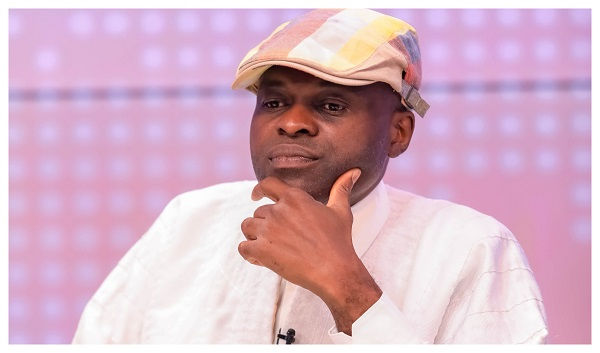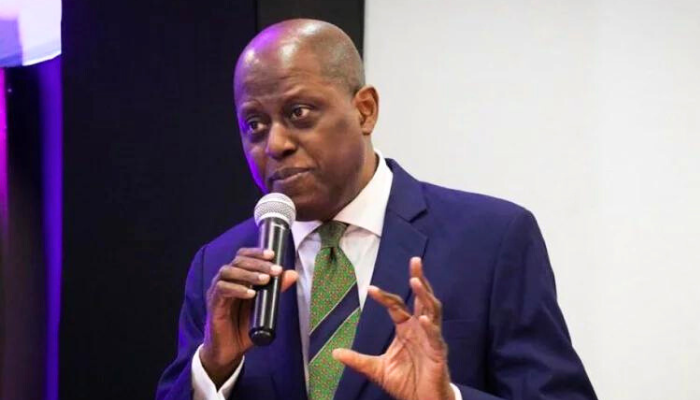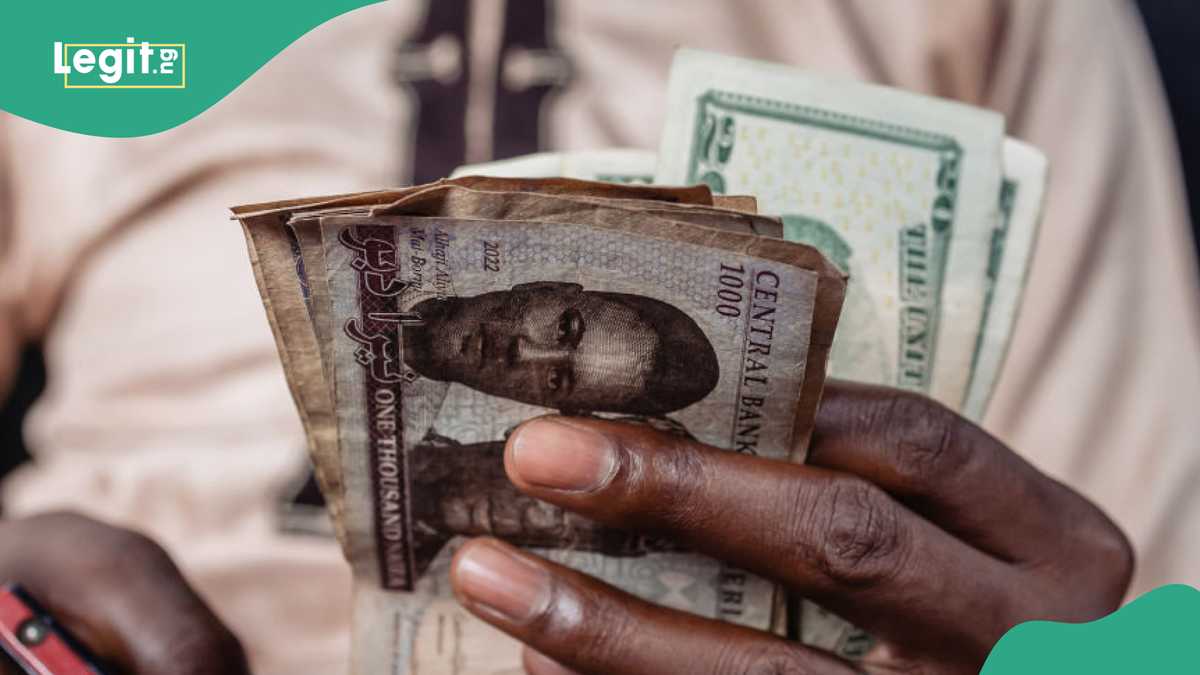CBN's open banking is here: A new chapter for Nigerian consumers
After years of anticipation, the Central Bank of Nigeria (CBN) has finally approved the rollout of open banking, with full implementation expected in August 2025. While it may sound like just another regulatory move in the ever-evolving financial system, this is anything but ordinary. In fact, it has the potential to fundamentally change how Nigerians interact with their money and each other.
Open banking marks a shift in power. For decades, banks have acted as gatekeepers to our financial data. They see what we spend, how often we save, and where our money goes. But until now, that information has been locked in silos. If you banked with multiple institutions—as most Nigerians do—each one had only a narrow view of your financial story. The bank where you pay bills might see you as reckless, while the one where you invest sees you as disciplined. Neither has the full picture. And that fractured understanding often works against you.
Open banking changes the game. It allows you to permit financial institutions to share your data securely through a standardised interface (called APIs) and manage your consent using tools like your Bank Verification Number (BVN) or National Identification Number (NIN). You decide who can see what and for how long. This is not just a technological leap—it’s a mindset shift. You are no longer just an account holder; you are now the gatekeeper of your own financial narrative.
Read also: Open Banking – Exploring opportunities and mitigating risks
What does this mean in real life? Imagine you want to take a loan. With open banking, you could permit the lender to access not just your salary account but also your savings and investment history from other banks. That single act could improve your credit profile, help you qualify for better rates, and eliminate redundant paperwork. Or say you’re trying to budget better—your finance app could pull data from all your accounts, helping you see a holistic view of your spending patterns and financial health in one place.
This isn’t a theory. These are the kinds of solutions we’ve seen evolve in countries like the UK and Australia, where open banking has increased financial inclusion, enhanced innovation, and empowered consumers to make more informed choices. Nigeria is now the first African country to take this bold step, and the timing couldn’t be more critical.
In a country where the average person juggles multiple financial apps, banks, and platforms—without any real integration—open banking promises to simplify, streamline, and personalise money management. Whether it’s setting up automatic investments between your bank and your asset manager or enabling easier identity verification when signing up for a digital wallet, the benefits are wide-reaching.
Of course, no innovation comes without risk. Cybersecurity will need to be front and centre. With the right guardrails—like the CBN’s central registry of licensed participants and consent frameworks tied to your BVN—open banking can be implemented securely. But the responsibility also falls on us, the users, to stay vigilant. Know who you’re granting access to. Understand what they can do with your data. Don’t give away your keys blindly.
Read also: Here are five African countries with open banking guidelines
More than anything, open banking signals a return to choice and competition. It breaks down the walls between institutions and puts customers at the centre. It’s the kind of reform that creates space for better products, more transparent pricing, and ultimately, a fairer financial ecosystem.
If you’ve ever felt like your bank doesn’t understand you—or like your financial life is scattered across apps and statements—open banking is your invitation to take back control. It’s not just about money. It’s about visibility, consent, and power.
August 2025 may still seem far off, but the shift has already begun. As banks, fintechs, and asset managers prepare to integrate, we should be doing the same: getting informed, asking questions, and reimagining what control over our financial life really looks like.











